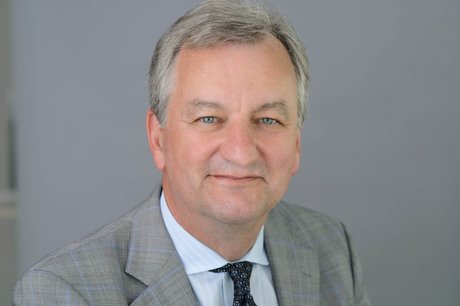America's Next War and How to Prevent It | 2017 | Events

Paper Summary
The United States needs to do a better job at "looking and acting ahead" to shape an increasingly turbulent world and lessen the risk of it being drawn into new and potentially costly military commitments that over time drain its power and weaken its resolve to play a global leadership role. In contrast to most prescriptions that typically call on the United States to do either more or less militarily to defend its interests around the world -- what can be broadly termed supply-side approaches -- a comprehensive preventive strategy is proposed to reduce the demand for U.S. power over the long, medium, and short term.
Brief Bio
Paul B. Stares is the General John W. Vessey senior fellow for conflict prevention and director of the Center for Preventive Action at the Council on Foreign Relations (CFR). Prior to joining CFR, Dr. Stares was the vice president and director of the Center for Conflict Analysis and Prevention at the United States Institute of Peace. He worked as an associate director and senior research scholar at Stanford University's Center for International Security and Cooperation from 2000 to 2002 and was a senior research fellow at the Japan Institute of International Affairs and then director of studies at the Japan Center for International Exchange from 1996 to 2000. From 1984 to 1996, he was a research associate and later a senior fellow in the foreign policy studies program at the Brookings Institution. He has also been a NATO fellow and a scholar-in-residence at the MacArthur Foundation's Moscow office. He has a BA from North Staffordshire Polytechnic and received both his MA and PhD from Lancaster University.
